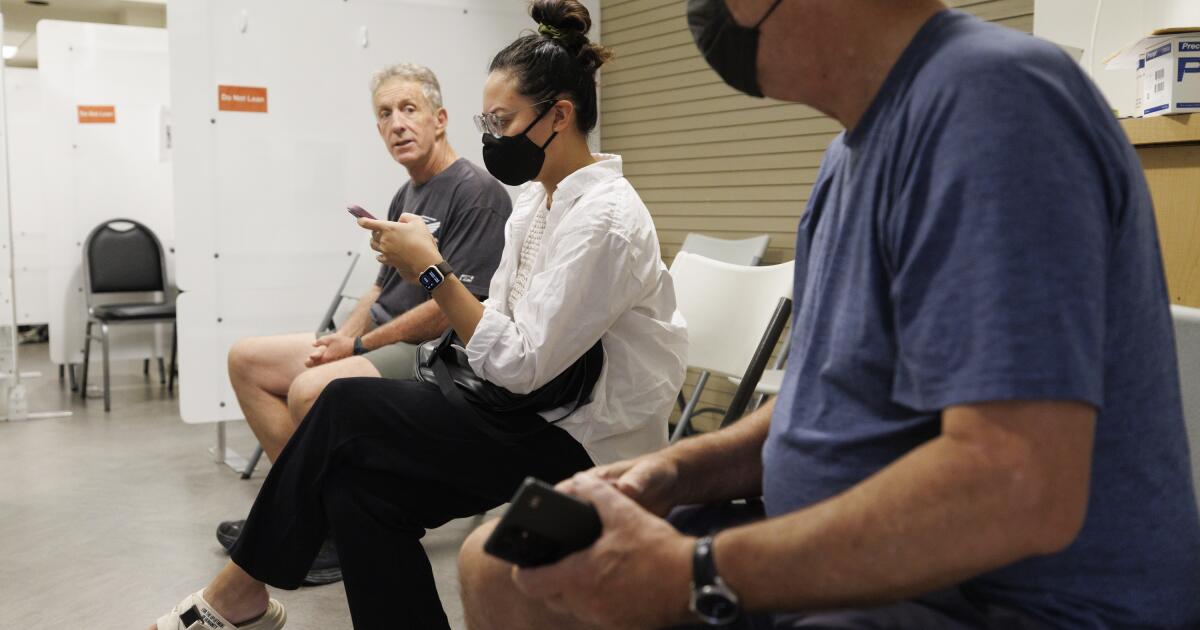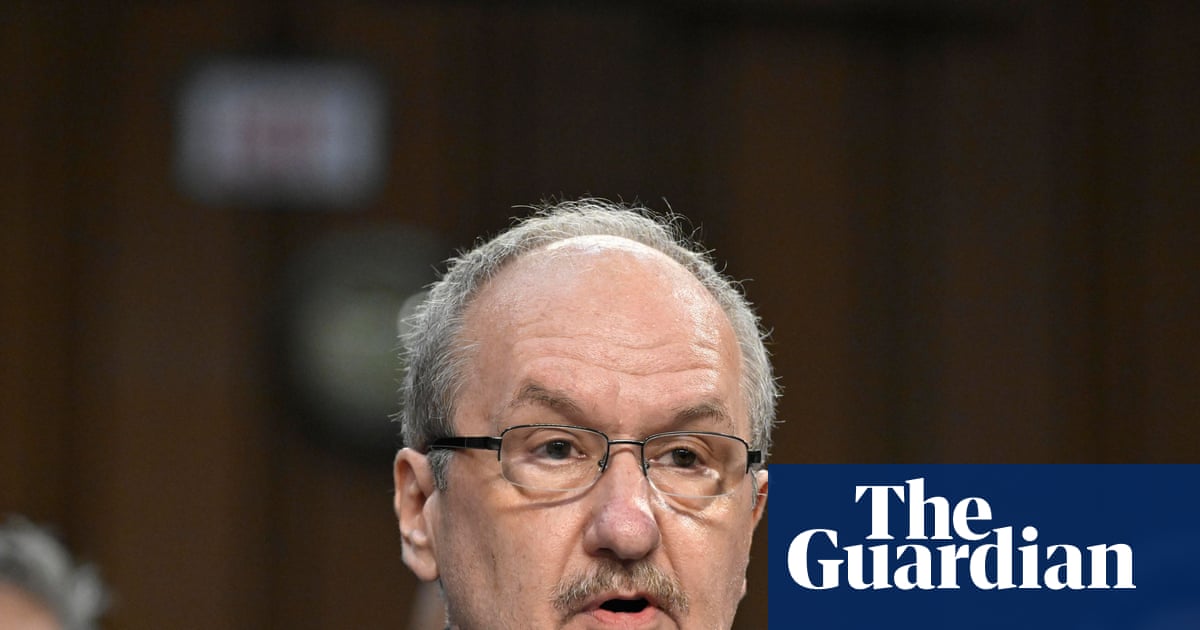T4K3.news
Trump's Health Officials Blame Patients for Illnesses
Top health officials attribute chronic diseases to patient choices, creating public health concerns.

Trump officials shift responsibility for chronic health issues onto patients and their choices.
Blame for Illnesses Lies with Patients According to Trump Administration Officials
Recent remarks from Trump administration health officials suggest that patients and their doctors share blame for chronic health conditions. In a review of statements made by Health and Human Services Secretary Robert F. Kennedy Jr. and others, they attribute diseases such as autism, ADHD, and diabetes to personal lifestyle choices. This position reflects a growing trend in public health rhetoric that critics claim stigmatizes those with chronic illnesses and undermines access to essential medical care.
Key Takeaways
"It creates the idea that scientific progress is the devil."
Medical groups express concern over the blame placed on patients for health issues.
"It’s using anti-welfare tropes for something that is basic health care, not a cash benefit."
Critics point out that the rhetoric surrounding Medicaid is harmful and misinformed.
"These attitudes ... are shaping policies that affect millions of people."
Public health leaders warn that blame-shifting may influence significant healthcare policies.
"It’s these two extreme views that fuel our national health crisis."
A former FDA leader critiques the simplified narrative about health responsibility.
The shift in focus from systemic issues to personal responsibility mirrors a broader political narrative. This approach not only vilifies individuals but also risks harming public trust in health care. With chronic diseases affecting millions, the implications of such rhetoric could lead to detrimental policy changes, like cuts to Medicaid and barriers to essential medications. As policymakers adopt a hardline stance, the potential fallout includes increasing health disparities and the marginalization of those in need of support and proper medical treatment.
Highlights
- The narrative shifts blame to those already struggling with illness.
- Policies may exacerbate health inequities for vulnerable populations.
- Stigmatizing patients only adds to the public health crisis.
- Access to care shouldn't depend on personal success or failure.
Political Rhetoric Risks Public Health Access
Statements from Trump officials blaming patients for chronic illnesses threaten to undermine trust in healthcare. This shift could lead to harmful policies affecting millions, particularly those already disadvantaged.
The ramifications of this trend could lead to long-lasting impacts on public health initiatives.
Enjoyed this? Let your friends know!
Related News

Gaza aid group claims success as starvation rises
COVID-19 cases rise in Sonoma County

COVID-19 cases increase in California

Severe malnutrition reported among Gaza children

West Nile virus detected in Philadelphia mosquitoes
Trump administration introduces new health tracking initiative

Severe Hunger Crisis in Gaza

Measles outbreak risk increases in England
